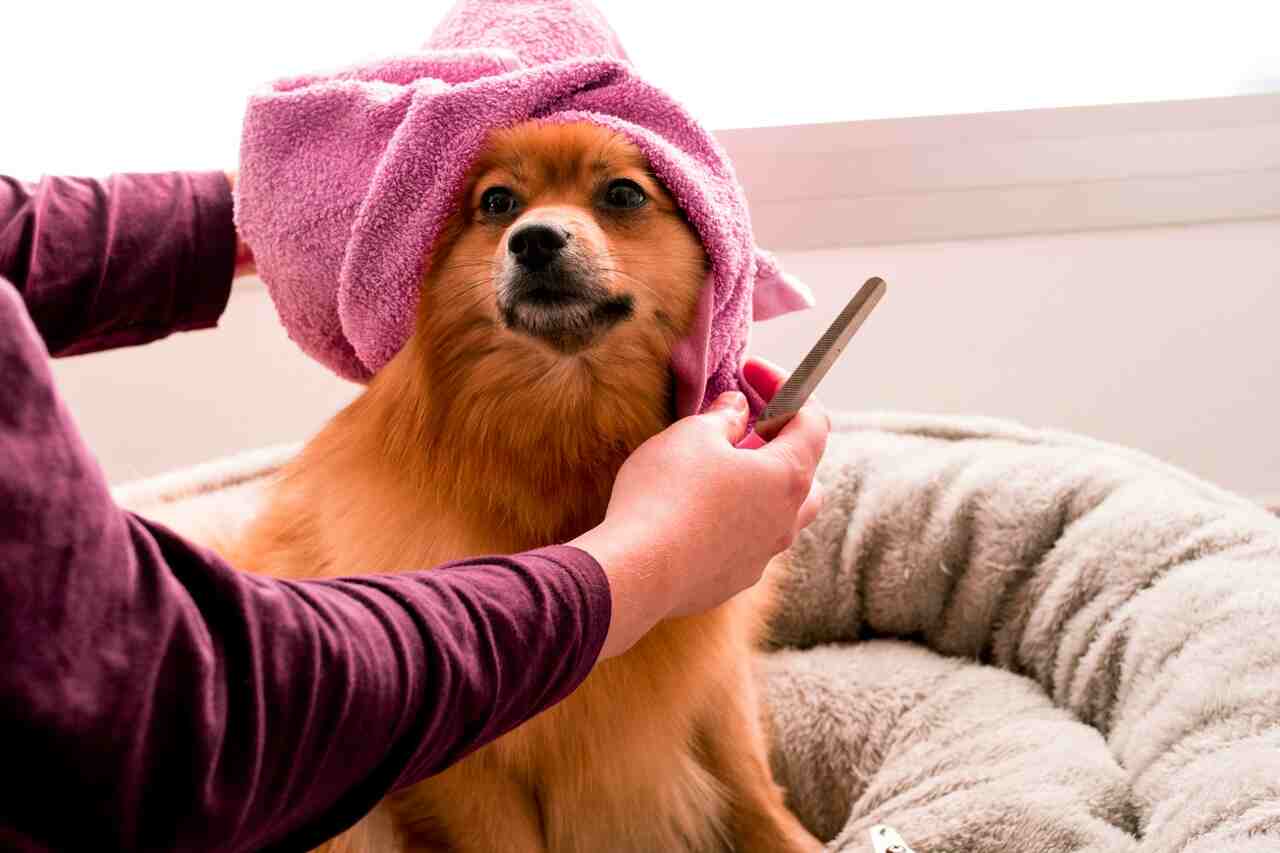
With the arrival of autumn, it’s important to remember that the seasonal transition presents specific challenges for the health of pets’ skin.
+ Video: Dog confronts mountain lion and survives to tell the tale
Just as we adapt our care routine as the weather changes, they also need special attention during the cold weather, including hydration, protection against cold days and nights, among others.
“Some animals may need special care due to pre-existing health conditions, old age, or specific climate sensitivities such as respiratory problems. In this latter case, ILIB therapy, with red laser, has been a great ally in improving immunity in pets.”
“Additionally, decreased humidity can contribute to eye issues, dryness of the skin and mucous membranes, and dehydration,” comments Rodrigo Moretti, veterinarian and clinical-scientific consultant at HTM VET.
According to Rodrigo, many owners may notice an increase in certain symptoms in their furry friends. “Autumn also marks the beginning of an allergy season for many pets. It’s important to recognize the signs, such as excessive scratching and frequent sneezing, and consult a veterinarian for guidance on managing these conditions. Overall, it’s important to act quickly to ensure the comfort and well-being of the animals,” he continues.
With this in mind, the expert points out important care measures for pets to enjoy the season. Check them out below:
1. Adequate hydration
During autumn and winter, air humidity tends to decrease, which can dry out the skin. Ensure that your pet has constant access to fresh and clean water. Additionally, consider using a humidifier in the environment where it spends most of its time.
2. Gentle bathing and drying
Reduce the frequency of baths during autumn and winter, as water and soap can strip the natural oils from the animal’s skin. When necessary, opt for specific products for pets and rinse thoroughly to remove all residues.
After bathing, dry the animal with extra caution between skin folds and in hard-to-reach areas to prevent moisture buildup.
3. Protection against cold and wind
If we feel cold enough to pull that coat out of the closet, pets also require extra care when temperatures drop. If your animal spends a lot of time outdoors, especially on windy or extremely cold days, consider dressing it in appropriate clothing to protect it from adverse weather conditions. Ensure that the pieces are comfortable and do not restrict movement.
4. Balanced nutrition
Proper nutrition also contributes to the good health of pets. Ensure that your animal is receiving a balanced diet rich in essential fatty acids such as omega-3 and omega-6, which help maintain healthy and hydrated skin. Consult a veterinarian for specific guidance if necessary.
This content was created with the help of AI.

